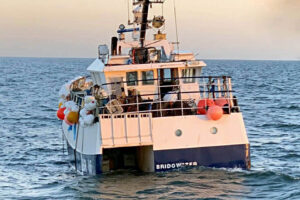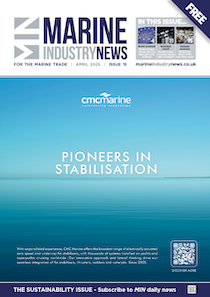‘Planetary emergency’: Plastic to outweigh fish in ocean by 2050
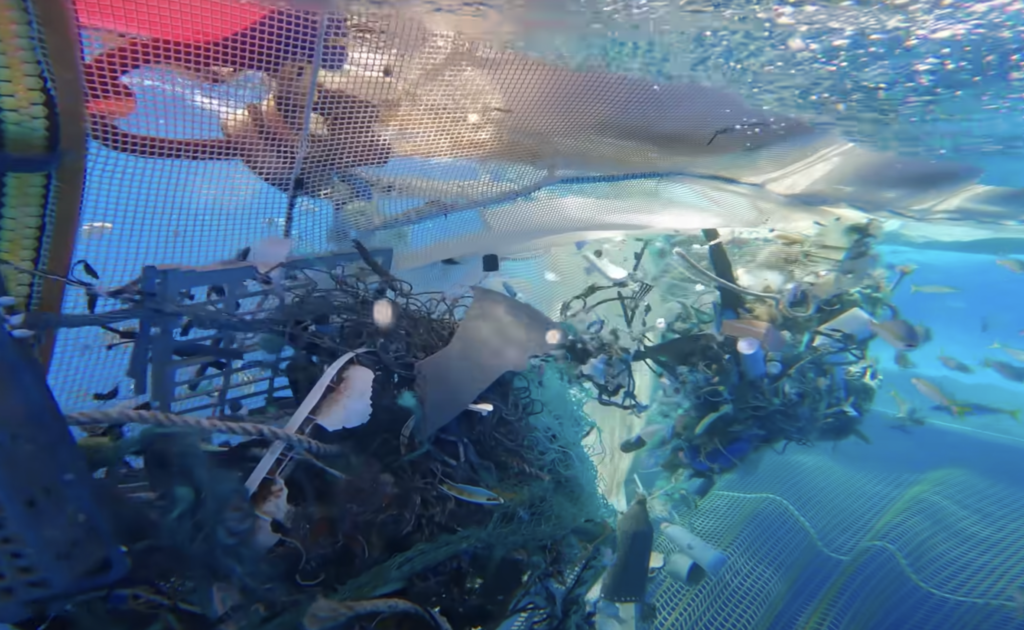
Marine plastics will have outweighed the total mass of fish in the world’s oceans by 2050, and the production of plastic pollution constitutes a planetary emergency, a stark new report concludes.
The new report, which is published by the UK NGO Environment Investigation Agency (EIA) and is based on recent scientific data, estimates that there will be 250 million tonnes of plastic in the ocean by 2025. This is set to almost triple by 2040, to around 700 million tonnes – a figure equal to the weight of all fish in the ocean worldwide. By 2050, the amount of plastic could ‘far exceed’ the weight of fish.
“There is a deadly ticking clock counting swiftly down,” says EIA ocean campaigner Tom Gammage.
The quantities of plastic present in some ecosystems are now so high that they rival the quantity of natural organic carbon, to the extent that plastic has recently been considered a geological marker.
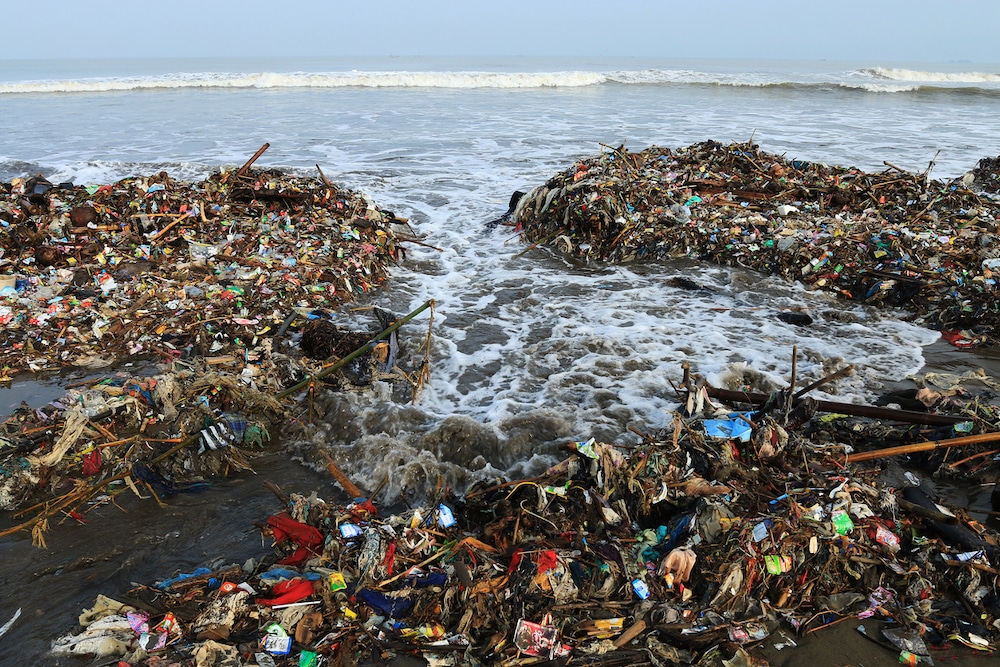
However, much of this plastic is not visible to the eye, having broken down into a ‘suspended confetti’ of microplastic fragments turning oceans into what the report calls a ‘plastic soup’.
“The visible nature of plastic pollution has generated huge public concern but the vast majority of plastic pollution impacts are invisible,” says Gammage.
The report states around 92 per cent of all plastic at the ocean surface is microplastic (fragments less than 5mm in size) that have either broken down from larger debris or were intentionally created that way. There are around 51 trillion plastic fragments in surface waters alone, with some fragments so small that analytical techniques required to detect them do not yet exist.
The extent of the plastic problem is so large that marine communities are evolving around it. Earlier this month, a new commentary published in the peer-reviewed journal Nature Communications revealed for the first time that ocean plastic is providing a habitat for a new community of otherwise coastal species. The authors of the study found that these new communities of plants and animals could represent ‘significant ecological shifts in the marine environment’.
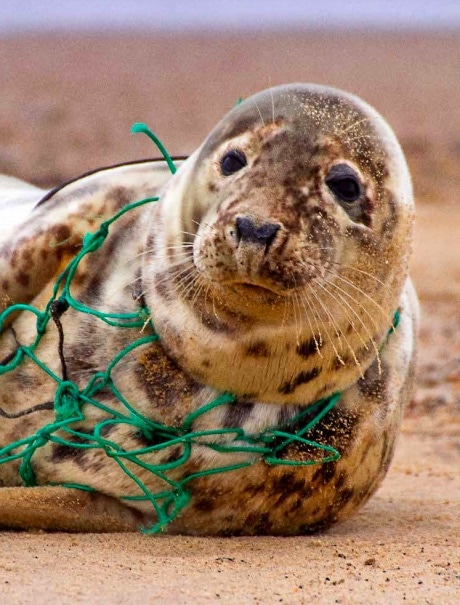
Elsewhere the report also warns that plastic pollution threatens the earth’s biodiversity, with at least 914 species found to be directly impacted by either plastic ingestion or entanglement.
“This includes all marine species, nearly half of all surveyed seabird and marine mammal species as well as 69 freshwater birds and 49 land birds from 53 families,” the authors state.
The United Nations recently identified three existential environmental threats – climate change, biodiversity loss and pollution – and concluded that they must be addressed together.
The EIA report highlights that while two of these threats – biodiversity and climate change – have had dedicated multilateral environmental agreements for almost 30 years, ‘no such instrument for plastic yet exists’. The report warns that only a robust global treaty for plastics can address the problem.
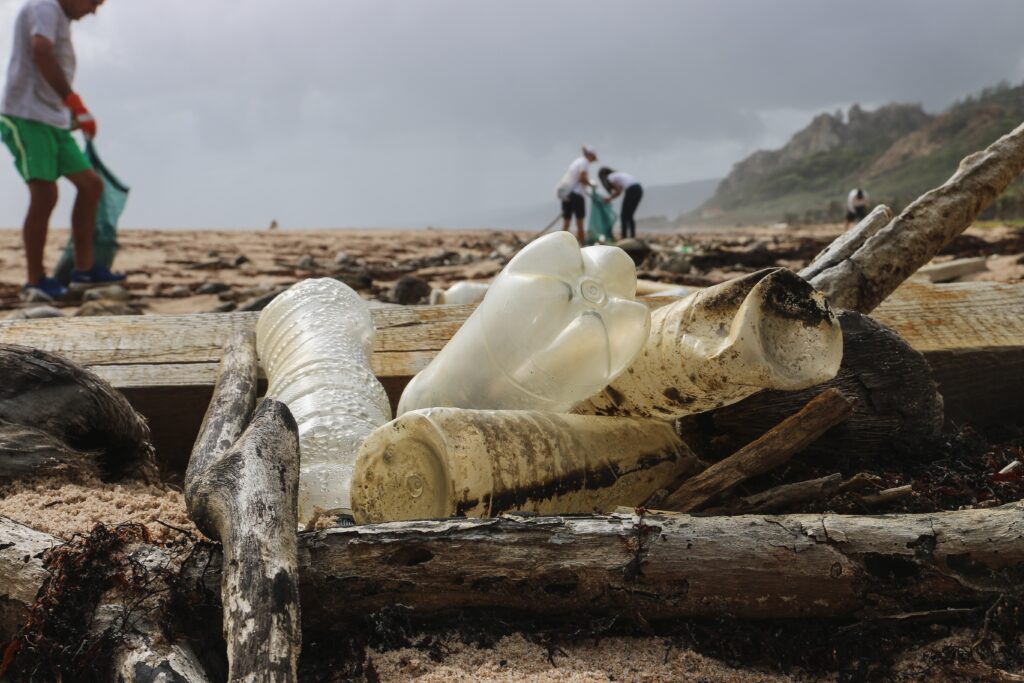
Next month, the fifth session of the UN Environment Assembly meeting takes place in Nairobi. EIA says it has timed the report ahead of the session, and is campaigning for a ‘fast and ambitious’ negotiation that meets the ‘urgency of the crisis at hand’.
Over 100 countries are expected to favour a new agreement at the session. The report highlights the need for a comprehensive agreement with interventions envisioned for every stage of the plastic lifecycle, including production, product design, and waste management.
“The damage done by rampant overproduction of virgin plastics and their lifecycle is irreversible,” says Gammage. “This is a threat to human civilisation and the planet’s basic ability to maintain a habitable environment.”

